Sudan Government Used Chemical Weapons on Own Population, Amnesty Says
Amnesty International says Sudan's government used chemical weapons.
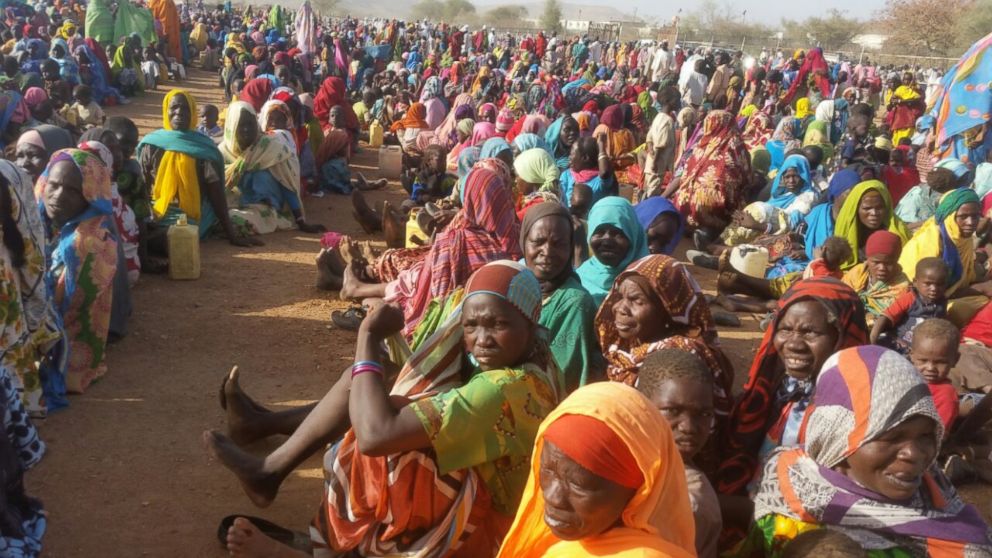
— -- The government of Sudan has used chemical weapons in multiple attacks against the country's own population, in a dramatic escalation of a long-simmering conflict in recent months, according to a human rights group.
As many as 250 people may have died as a result of at least 32 suspected chemical weapons attacks, the most recent of which took place on September 9, Amnesty International said today in a newly-released report.
Amnesty has also gathered satellite imagery that it says confirms 171 damaged or destroyed villages in the last eight months in a remote area of Darfur that is home to rebel groups that oppose the government.
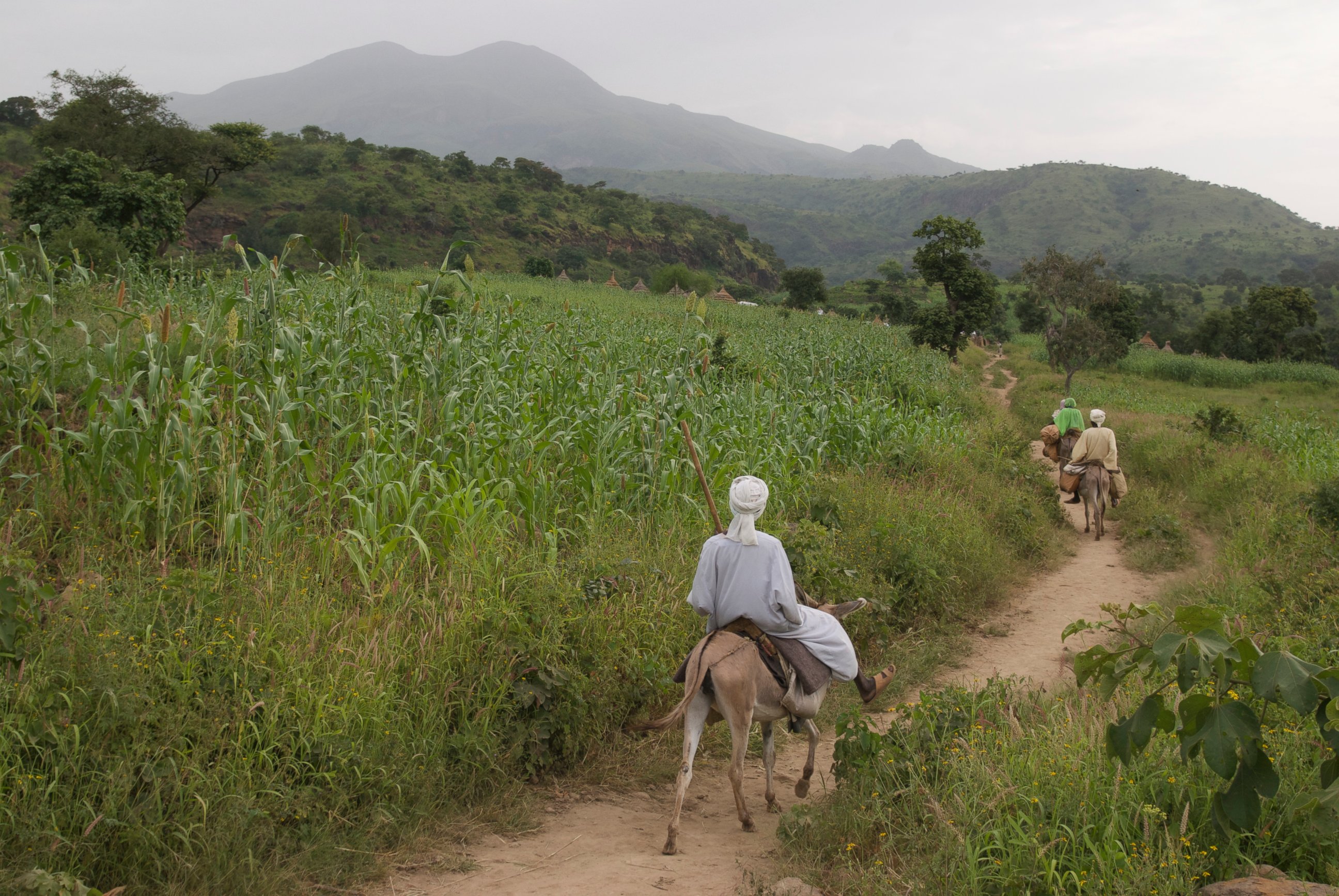
“The scale and brutality of these attacks is hard to put into words," Tirana Hassan, Amnesty International’s Director of Crisis Research, said in a statement. "The images and videos we have seen in the course of our research are truly shocking; in one a young child is screaming with pain before dying; many photos show young children covered in lesions and blisters. Some were unable to breath and vomiting blood.
“It is hard to exaggerate just how cruel the effects of these chemicals are when they come into contact with the human body."
Amnesty bases its casualty estimate of up to 250 on scores of interviews it conducted with witnesses of the attacks and friends and family members of the victims.
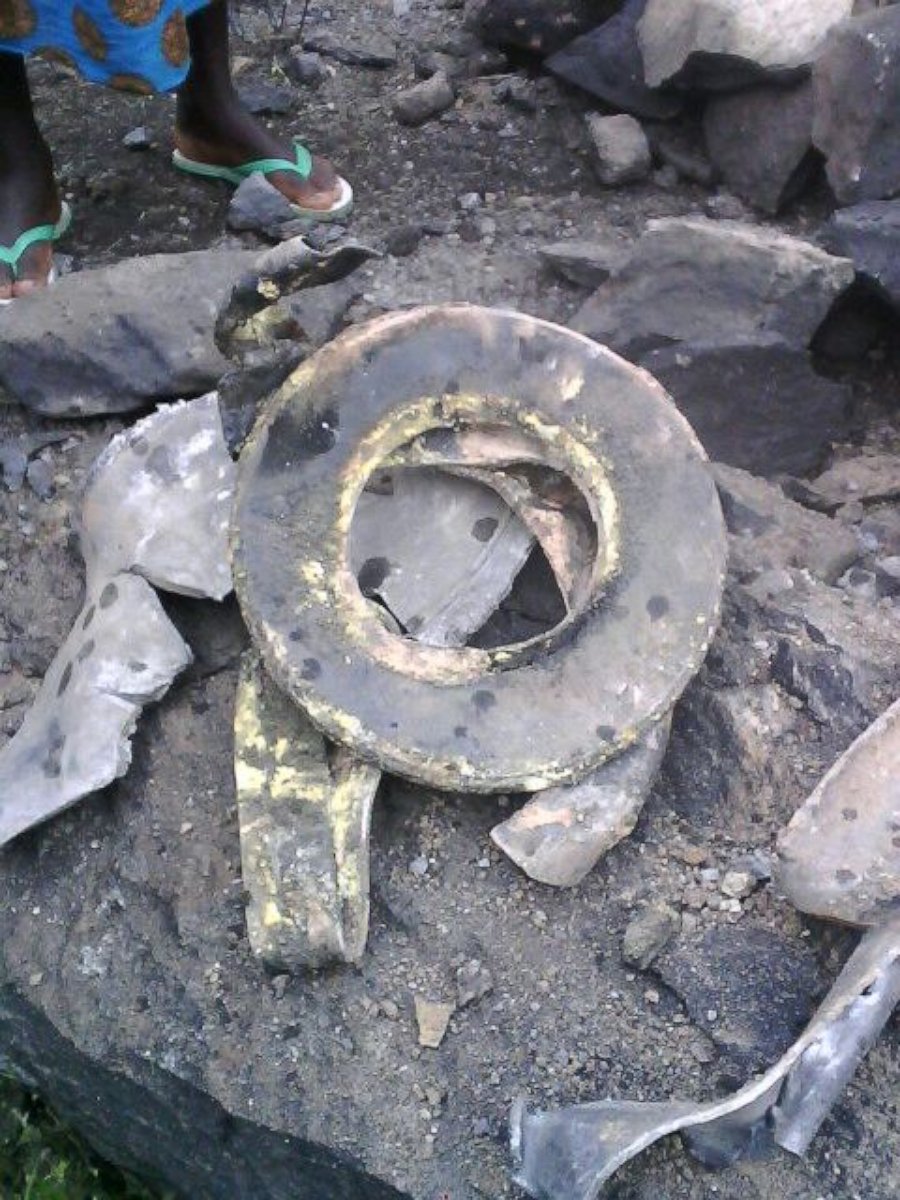
“When [the bomb] landed there was some flames and then dark smoke," said a woman in her twenties who was injured by shrapnel. The woman said a toxic cloud immediately followed the initial blast, sickening both her and her baby.
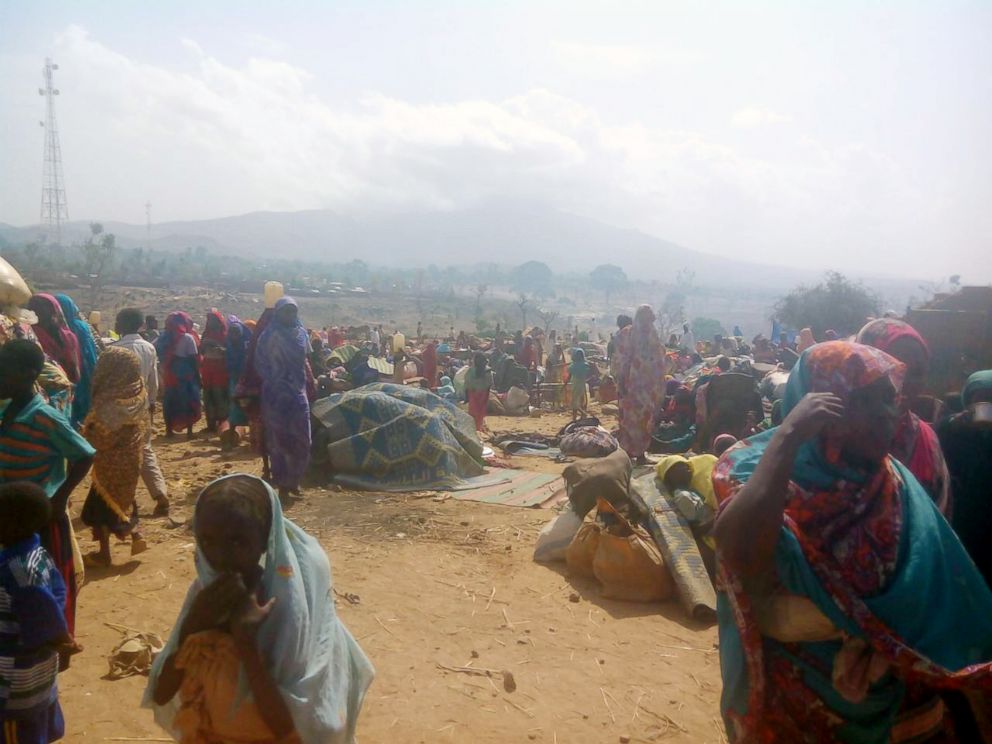
"Immediately it caused vomiting and dizzying," the woman continued. "My skin is not normal. I still have headaches, even after I took the medicine ... The baby is not recovering ... he has blisters and wounds.”
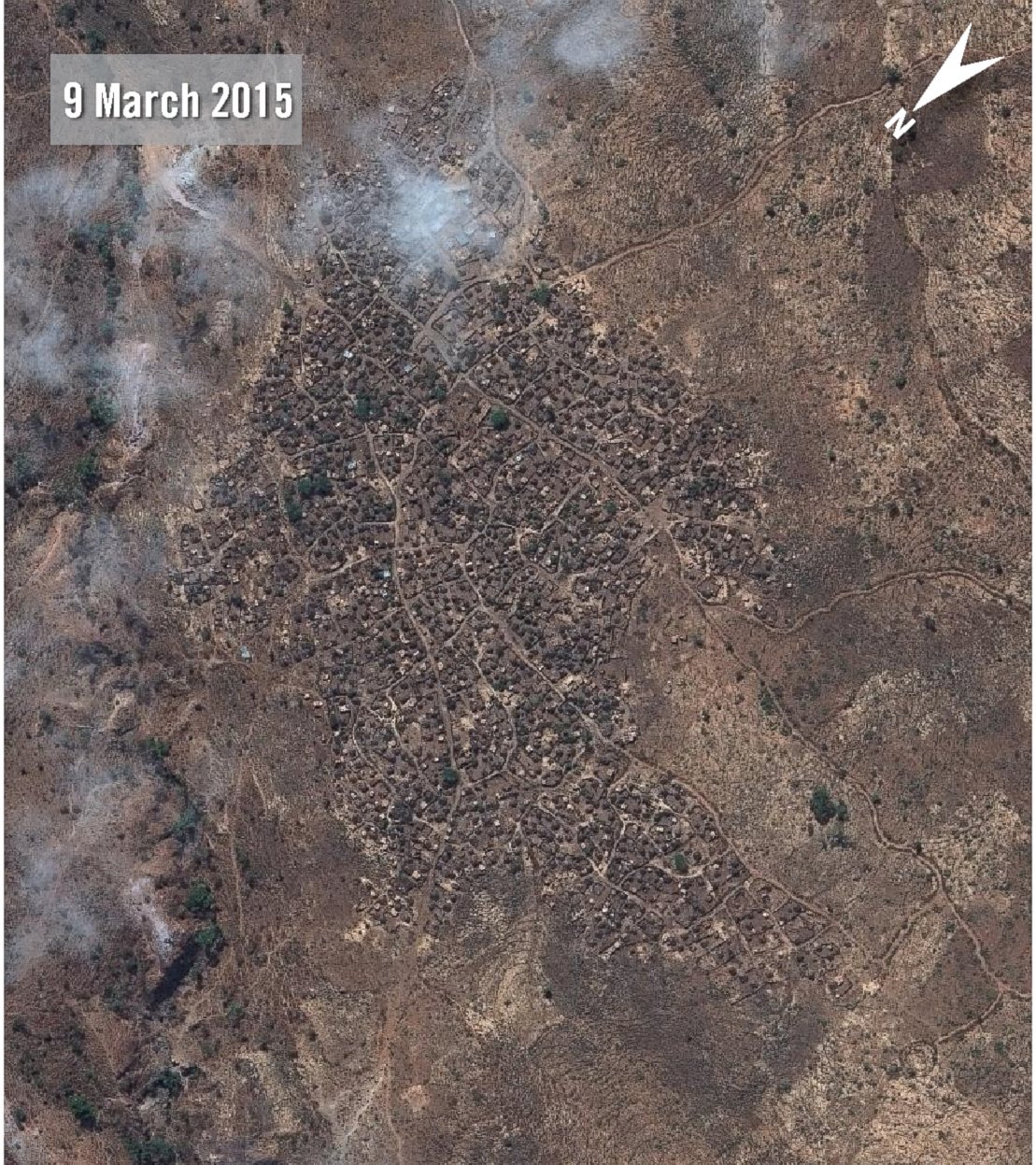
The suspected chemical attacks come amid a large-scale military offensive launched in January 2016 by government forces in the remote area of Jebel Marra, against the rebel group, known as Sudan Liberation Army/Abdul Wahid (SLA/AW), Amnesty says. The government accuses the rebels of ambushing military convoys and attacking civilians.
The United Nations has warned that some 80,000 people have fled the Jebel Marra region during the government offensive. Nearly three million people in total remain displaced inside the troubled country. Some 300,000 people have died since civil war first broke out in Sudan in 2003.
.jpg)
“The use of chemical weapons is a war crime," Hassan said. "The evidence we have gathered is credible and portrays a regime that is intent on directing attacks against the civilian population in Darfur without any fear of international retribution.”




